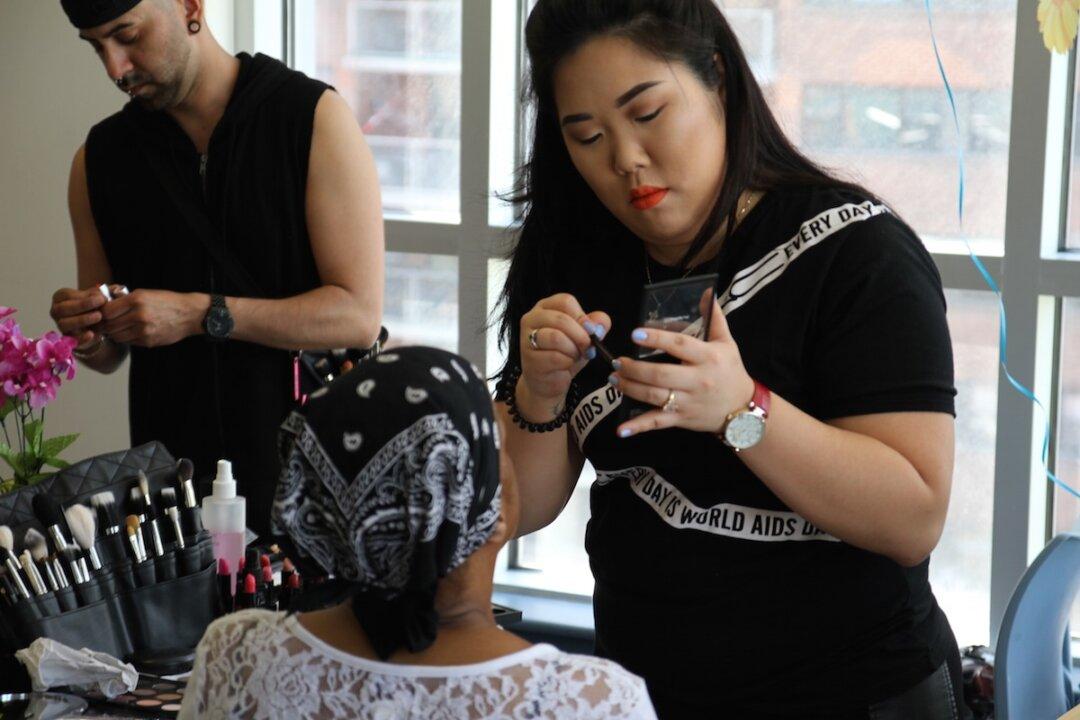University of Virginia fraternity Phi Kappa Psi plans to sue Rolling Stone in response to a widely discredited magazine article from last November about an alleged gang rape at the fraternity house.
The fraternity’s announcement on Monday comes a day after a condemning Columbia University Graduate School of Journalism report called the Rolling Stone magazine article a “journalistic failure that was avoidable.” Columbia deans Sheila Coronel and Steve Coll, authors of the report, used the magazine’s errors as a lesson in journalism, they said at a live-streamed event Monday.
The report was requested by the magazine last December, after doubts about the November 2013 article were raised by media and Virginia state police who found no evidence of the gang rape described. At the time, the author of the story, Sabrina Rubin Erdely, contributing editor at Rolling Stone, said in a statement that she had lost all confidence in the story.
The piece “A Rape on Campus” was pulled from the magazine Sunday night and Rolling Stone senior editors and Erdely have issued an apology, timed with the Columbia report.
The allegations in Erdely’s widely discredited story were based on one young woman’s account about an incident that allegedly occurred in September 2012. In an over 12,000-word report, based on hundreds of pages of Erdely’s notes and interviews as well as audio recordings, Columbia found that Rolling Stone staff failed to practice “basic, almost routine” journalism, overlooking gaps in Erdely’s reporting in favor of the larger story.




